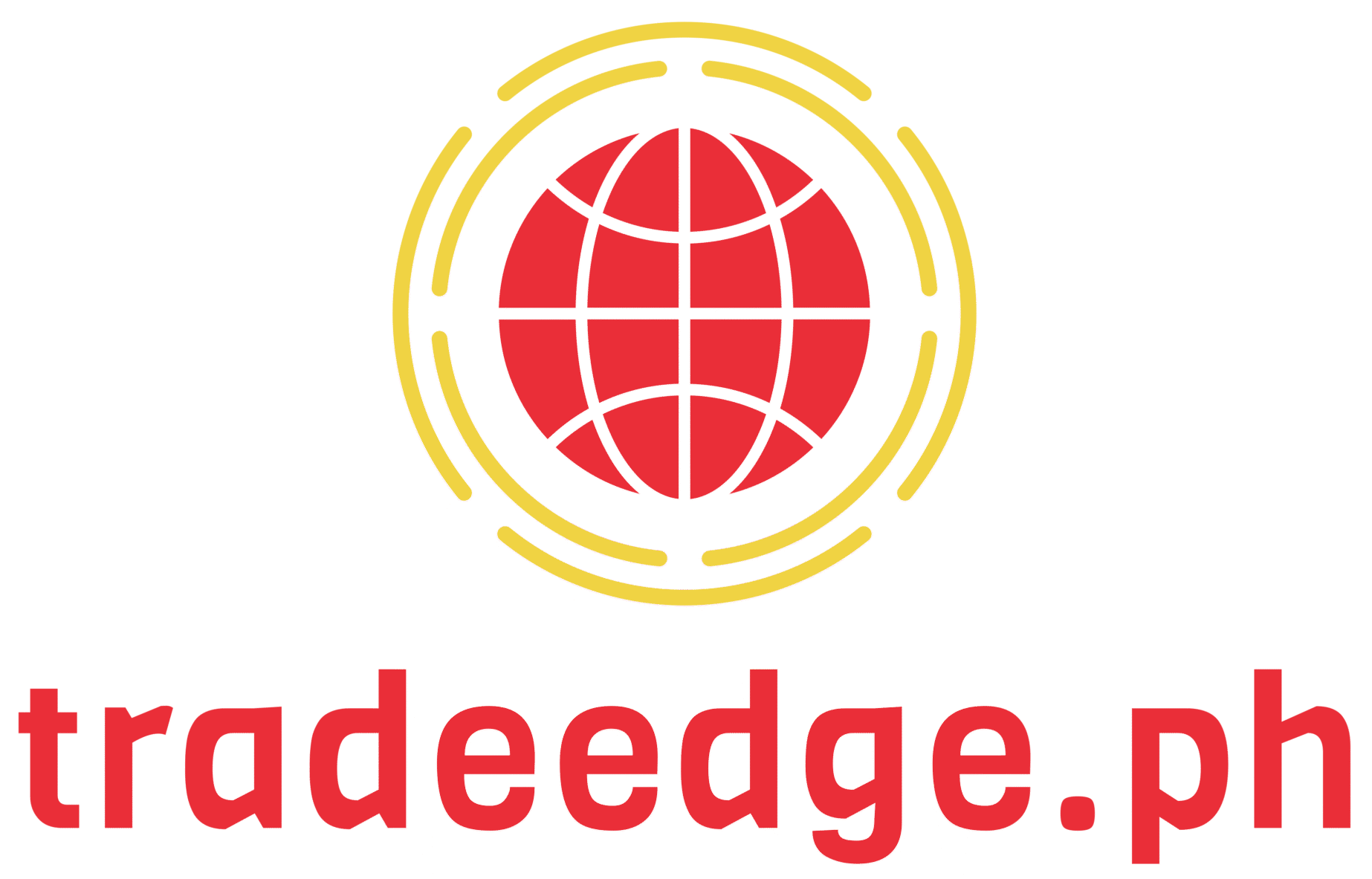The startup ecosystem in the Philippines has seen considerable growth, with more entrepreneurs stepping up to introduce innovative products and services. However, alongside these success stories, there are several barriers that startups must face. This article takes a closer look at some of the top Filipino startups and the challenges they face as they grow and scale.
Successful Filipino Startups
- Coins.ph
Coins.ph is a blockchain-based fintech startup offering digital wallets, remittance services, and bill payments. The platform has gained popularity due to its simplicity and accessibility. Coins.ph’s success is largely attributed to its ability to provide essential financial services to the unbanked population in the Philippines, which is a significant portion of the country’s population. - Kalibrr
Kalibrr is a recruitment technology platform that simplifies hiring processes for businesses by using AI to match candidates with jobs. This startup has revolutionized recruitment in the Philippines by making it faster, easier, and more cost-effective. By improving the hiring process, Kalibrr has attracted interest from various international markets as well. - Lalamove
Lalamove is a logistics startup that connects users with drivers for goods delivery. Its on-demand service is popular in major Philippine cities, allowing businesses to move goods quickly and efficiently. Lalamove’s ease of use and transparency in pricing have helped it gain substantial market share in a highly competitive sector.
Challenges Filipino Startups Face
Despite the remarkable success of these startups, they must overcome several obstacles. Market competition in the Philippines is fierce, with many new players entering sectors like e-commerce, fintech, and logistics. Standing out in a crowded market requires innovative business strategies and significant investment in marketing and customer acquisition.
The regulatory environment in the Philippines can be a significant roadblock for startups. Complex tax policies, unclear regulations regarding digital transactions, and a cumbersome process for business permits make it difficult for new businesses to operate smoothly.
Lastly, access to international markets is another challenge. While the Philippines has a large local market, expanding beyond its borders can be difficult due to logistical barriers and stiff competition from larger, established players in the region.
Conclusion
The Filipino startup ecosystem is undoubtedly thriving, with innovative entrepreneurs leading the charge in various industries. While challenges such as competition, regulatory hurdles, and international expansion remain, the future looks promising. With the right support and resources, Filipino startups are poised for even greater success.




